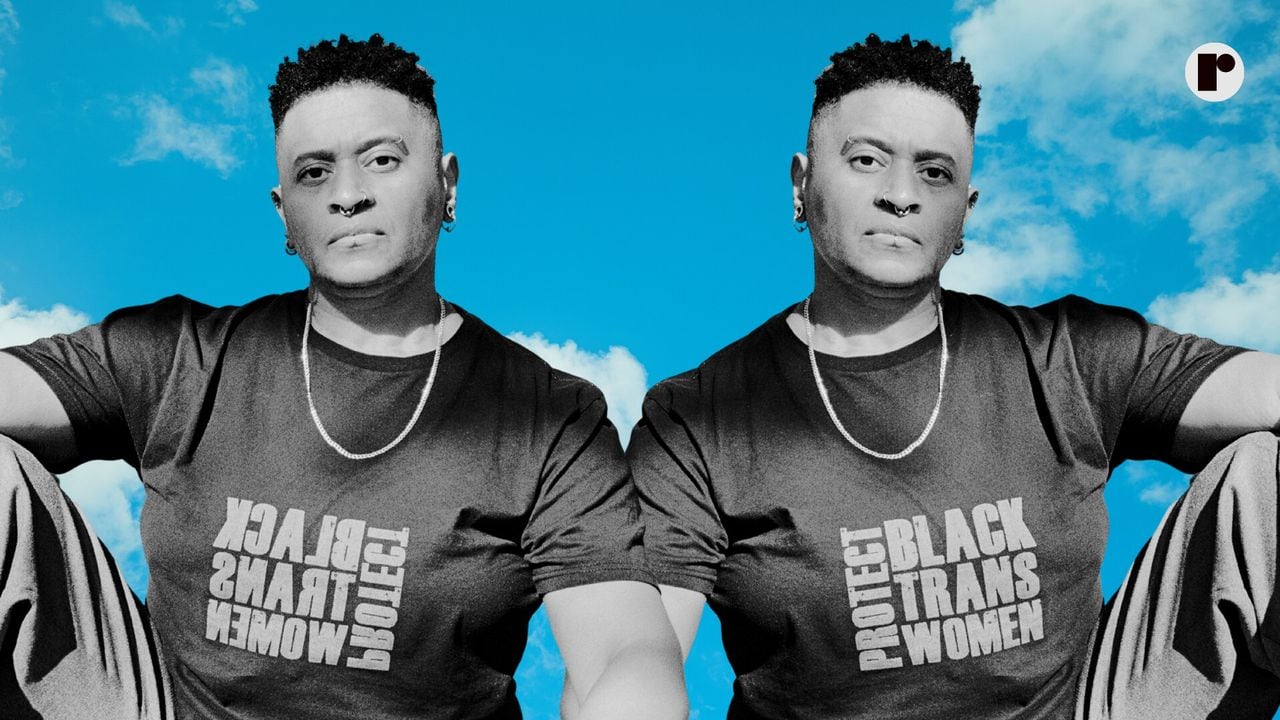king yaa (they/them), an intersectional feminist, educator, and birth worker, draws on their own challenging experiences within the medical system to champion healthcare equity for queer, trans, and non-binary people. Motivated to act, yaa rejects the lowercase convention in spelling their name as a statement against the status quo.
In the face of surging anti-LGBTQ legislation, the work of queer birth workers like yaa is more crucial than ever. The Trans Legislation Tracker is currently following 485 active bills seeking to block trans people from accessing healthcare, education, and other basic needs.
Yaa offers a lifeline of support and understanding, creating safe spaces where queer, trans, and non-binary people can access the care they need, free from the discrimination and bias often found within traditional healthcare settings.
Black communities face additional pressures in seeking and receiving adequate care. Maternal mortality continues to rise in the U.S., but Black birthing people specifically are four times likely than their white counterparts to die due to pregnancy related complications. Like anti-trans legislation has risen, so has the restrictions on abortion, leaving people of color especially at risk.
Yaa started training as a birth worker in 2018 after navigating the healthcare system as Black, genderqueer person of transmasculine experience who has given birth three times and being dissuaded by the “countless f*ckery” they were met with, including awkward questions, inadequate sexual health recommendations and uncomfortable looks in waiting rooms.
“I had a whole bunch of really, really horrible experiences, and I knew that I wasn’t the only one,” they said, citing that other genderqueer individuals they discussed this with also had bad experiences or were completely avoiding reproductive care to avoid running into these issues. A 2021 study by Center for American Progress found that about half of transgender people and 68% of trans…
Read the full article here

Leave a Reply